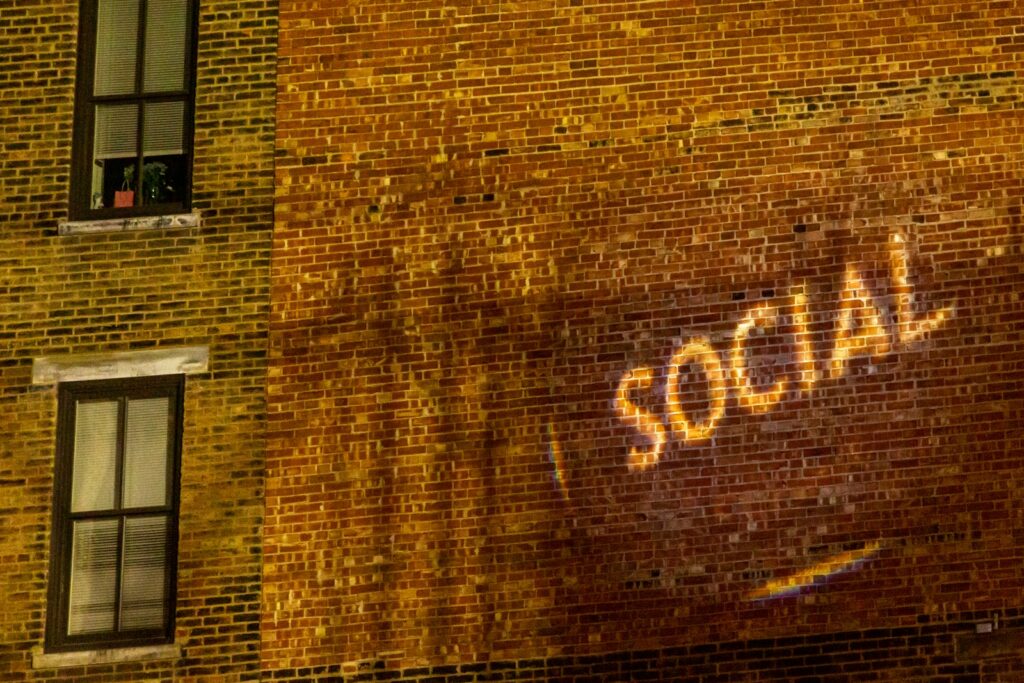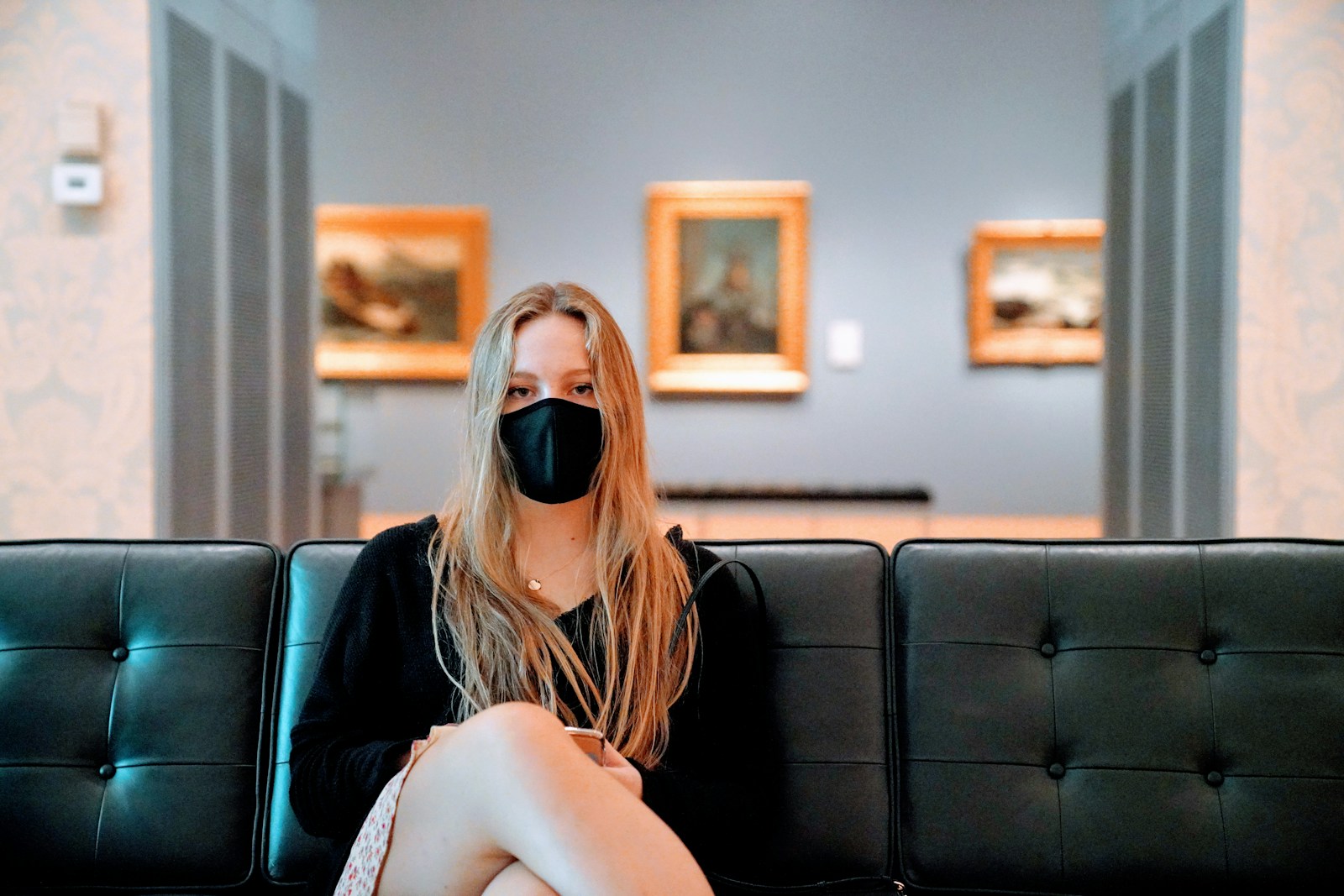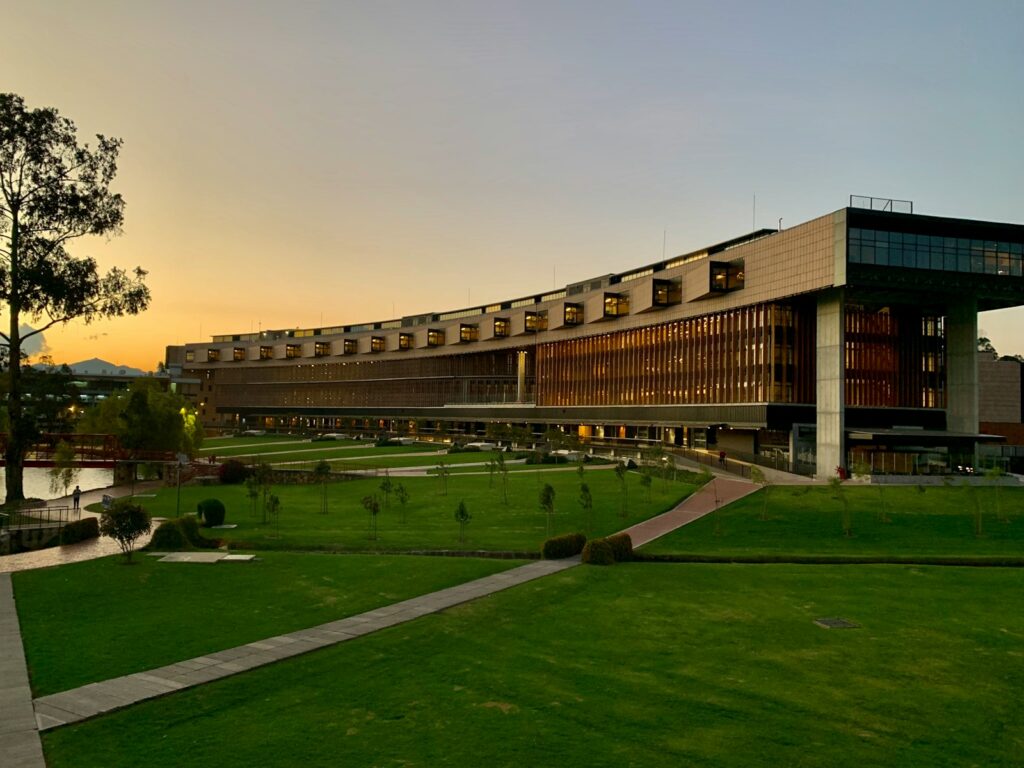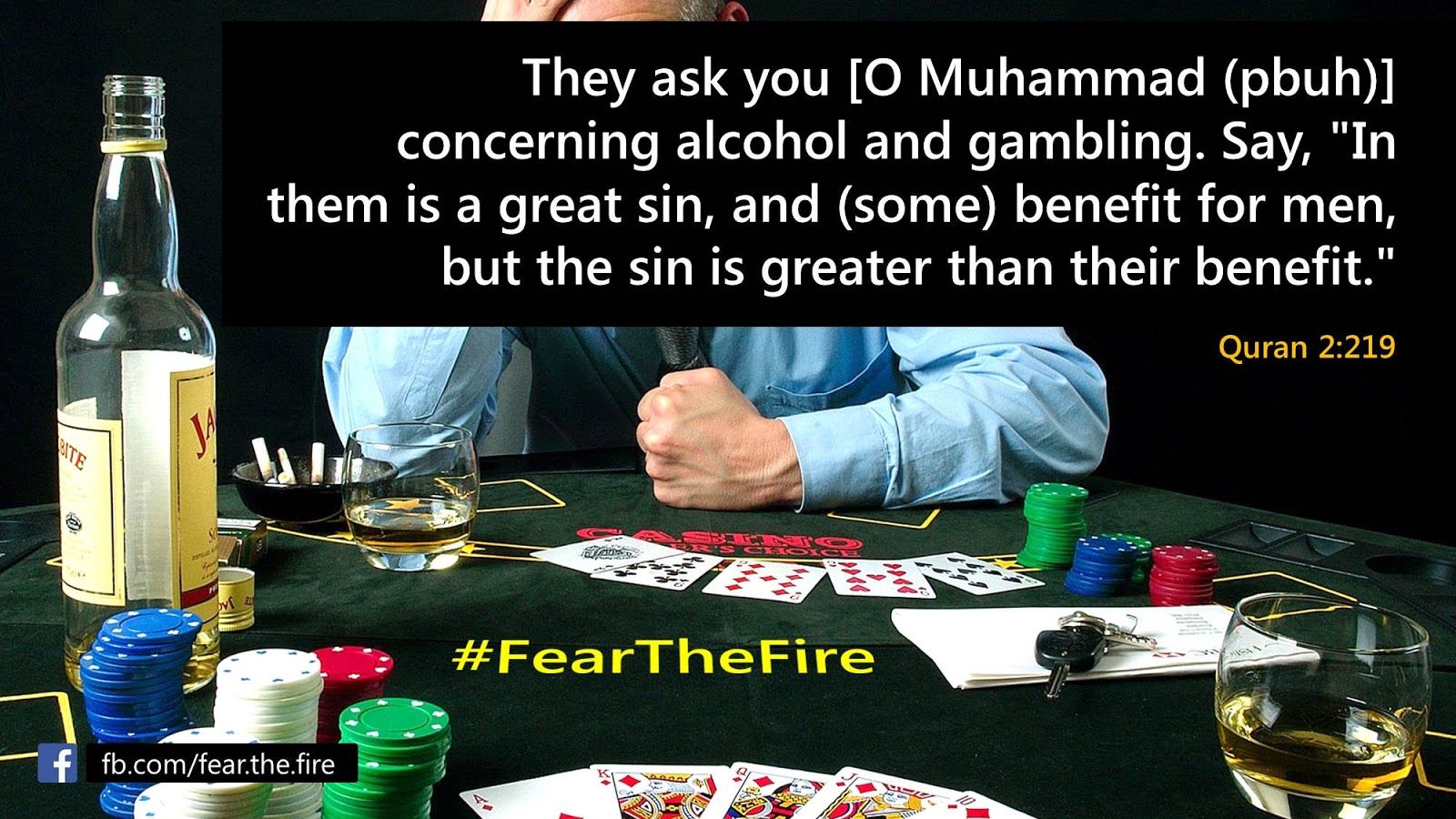
The early decades of the 21st century have unveiled a profound paradox. While some nations meticulously pursued scientific mastery, investing vast resources into groundbreaking innovations like the stealth bomber—a testament to decades of pooled knowledge and strategic foresight—others embarked on a deeply concerning trajectory. This alternative path has led to a pervasive immersion in distractions, a troubling moral decay, and a systematic detachment from the very knowledge traditions that once propelled them to global leadership. This stark dichotomy is more than a technological imbalance; it’s a critical lesson in the civilizational consequences of a lost collective purpose.
What happens when societies prioritize fleeting frivolity over fundamental development, instant entertainment over enduring values, and surface appearances over intellectual rigor? We find ourselves witnessing a profound societal shift. Trends once universally deemed alarming are now either subtly accepted or, more disturbingly, openly glorified. This article delves into some of these unsettling phenomena, offering an analytical lens to understand the complex psychology and pervasive societal implications behind the erosion of our moral fabric. Drawing upon expert observations and recent incidents, we aim to illuminate the pathways to this decay and ignite a vital conversation about reclaiming our collective conscience.
Let’s explore seven distinct unsettling patterns that vividly illustrate this pervasive moral decay. From the public display of explicit content to the concerning state of our educational institutions and the vulnerability of our elderly, these trends paint a clear picture of a society at a crossroads. The urgent need for reflection and accountability has never been more apparent as we examine the roots and consequences of these challenging shifts.

1. **The Glorification of Explicit Content and Obscenity**: One of the most immediate and alarming manifestations of moral decay is the disturbing trend of publicly sharing explicit content, often met with a concerning silence or even celebration. Nairobi County Environment Chief Officer Geoffrey Mosiria starkly condemned an explicit video by adult content maker Alicia Kanini on July 17, 2025, calling it “morally degrading” and “dangerous to the values of Kenyan society.” This public exposure of “inappropriate sexual behavior” raises fundamental questions about the messages conveyed to younger generations.
Mosiria’s deep concern stems from the visible endorsement of obscenity, questioning if society is genuinely “endorsing obscenity and immorality as acceptable forms of expression.” Such content is not merely a moral concern; it is explicitly a “criminal offense under Kenyan law.” The Kenyan Penal Code, Chapter 63, Section 181, clearly states that any person producing, making, or possessing for sale or exhibition “obscene writings, drawings, prints, or any other object tending to corrupt morals is guilty of a misdemeanor.” This legal framework underscores the gravity of actions now being normalized.
The self-justification offered by some content creators, like Alicia Kanini on TikTok Live, claiming “I know what I am doing” and that her actions don’t negate her “connection and the bond I am having with God,” highlights a troubling disconnect. This growing individual relativism challenges established moral and legal boundaries. The trend poses a significant threat to the nation’s “moral fabric,” underscoring the urgent need for both legal enforcement and societal reflection to protect vulnerable young people from being influenced.

2. **The Divorce from Knowledge Traditions**: While Western nations meticulously pursued scientific mastery, creating marvels like the B-2 Spirit bomber through decades of pooled knowledge, many universities in the Muslim world and South Asia have diverged. These once “glorious centers of mathematics, astronomy, chemistry, and philosophy” are now, regrettably, often reduced to “echo chambers for entertainment, cultural confusion, and intellectual laziness.” This alarming shift signifies a profound loss of purpose, moving away from a serious pursuit of foundational knowledge.
This disturbing trend extends beyond a simple lack of focus; it represents a systematic divorce from a rich intellectual heritage. Instead of dedicating resources to critical fields like “space sciences, material physics, robotics, or artificial intelligence,” these institutions have become “breeding grounds of moral chaos and cultural mimicry.” The shift is palpable: academic discourse is frequently overshadowed by “student unions and social media influencers,” signaling a concerning reorientation of priorities within the very bastions of learning.
The context starkly illustrates this imbalance, noting that “Holi and Diwali celebrations are more passionately organized than science fairs,” and “dance performances get more attention than research presentations.” Energy often channeled into “protests for LGBTQ+ inclusion and gender fluidity” coincides with “research labs gather[ing] dust.” This redirection of focus, coupled with the tendency to scapegoat “religious scholars and spiritual leaders” rather than confronting systemic failures in R&D or curriculum evolution, reveals intellectual dishonesty and a refusal to acknowledge internal deficiencies.

3. **Universities as “Factories of Frivolity”**: Building on the previous point, a distressing observation is how universities, traditionally “beacons of enlightenment,” have in many countries seemingly transformed into “factories of frivolity.” This alarming metamorphosis signifies a profound shift in their fundamental purpose, as academic and intellectual pursuits are increasingly sidelined for superficial concerns. The very essence of critical thinking and scientific inquiry appears to be under siege within these vital institutions.
This troubling trend manifests in stark comparisons that highlight distorted priorities. The context notes that “surveillance of private behavior is now more interesting than surveillance satellites,” underscoring a societal obsession with personal lives over national security advancements. Similarly, outrage generated by “leaked bathroom videos” inexplicably surpasses concern for “leaked national data,” illustrating a troubling desensitization to issues of greater systemic importance.
The pursuit of novelty and entertainment increasingly dominates the academic landscape, where “new dance moves trend faster than new inventions,” and “gender identity discourse overshadows identity crisis in knowledge.” In such an environment, the core mission of higher education—to foster intellectual growth, stimulate scientific discovery, and cultivate moral clarity—is severely compromised. Critical thinking is effectively “suffocated,” scientific inquiry “sidelined,” and moral clarity tragically “replaced by moral relativism.”

4. **Rising Indiscipline and Gun Violence in Schools**: The decay of societal morals is tragically evident in the rising acts of indiscipline and shocking incidents of gun violence among Senior High School (SHS) students. As highlighted by President John Dramani Mahama’s concerns in Ghana, this disturbing trend stems from a fundamental “breakdown of values and morals in society,” indicating a systemic issue extending far beyond school gates. The alarming presence of firearms within educational environments signals a perilous erosion of safety and discipline.
President Mahama lamented specific “gun-related incidents recorded in some schools,” citing instances where “students with guns in our public schools” were found. The gravity was underscored by a student who “almost lost her eyesight because a student fired a gun.” Such occurrences are not isolated; they reflect a disturbing normalization of aggression and access to dangerous weapons among minors, shattering the perceived sanctity of learning environments.
Recent months have seen multiple deeply troubling incidents, reinforcing this dire picture. At Adventist SHS, a student sustained serious facial injuries after allegedly being shot by a peer. Earlier, a pistol was seized from students during a clash at Salaga SHS. On May 14, a 16-year-old student of Osei Kyeretwie SHS was arrested for unlawful firearm possession during a dormitory inspection. These incidents collectively paint a stark picture of a generation grappling with profound moral and behavioral challenges, requiring urgent societal intervention.

5. **The Epidemic of Elder Abuse and Neglect**: A truly heartbreaking and “disturbing and shameful trend” reflects not just a “breakdown of empathy” but profound “moral decay that threatens the very soul of our nation”: the escalating abuse, neglect, and violent crime targeting elderly citizens. In Barbados, once known for “strong intergenerational bonds and close-knit communities,” it is “ironic and tragic” that elder abuse is increasingly tolerated and normalized. This betrayal of those who built society is utterly “unconscionable.”
Alarming reports from the past year underscore the crisis’s severity. Elderly individuals have been “robbed and beaten in their own homes,” while pensioners are “scammed out of their life savings.” Beyond direct criminal acts, distressing accounts exist of seniors “neglected in caregiving facilities” and “frail individuals left to suffer in silence and squalor.” These instances vividly illustrate a society failing its most vulnerable members. The “rise in violent crimes against older persons,” particularly “home invasions targeting elderly residents,” is especially egregious.
Such attacks are often not random but “calculated attacks by perpetrators who see older individuals as easy prey,” revealing a “cold-heartedness that society must not excuse.” The context passionately asserts that elders are not “burdens to be borne” but “repositories of wisdom, keepers of culture, and reminders of the sacrifices” that enabled current freedoms. Their twilight years should not be lived in fear or indignity. The “mind yuh business” attitude among the public allows this abuse to “flourish behind closed doors,” highlighting a collective failure of responsibility.

6. **The Normalization of Cybercrime (“Yahoo Yahoo”)**: In Nigeria’s alarming societal decline, one “conspicuous manifestation” of institutionalized anomie—where social norms and controls weaken—is the rampant proliferation of cybercrime, locally termed “Yahoo Yahoo.” Nigeria has gained unfortunate notoriety as a significant hub for these illicit activities. The Nigerian Cybercrime Unit (NCCU) reported a “significant increase in cases involving identity theft, phishing, and online scams” in its 2022 Annual Report, signaling pervasive digital malfeasance thriving on lax oversight.
Ease of internet access, coupled with “inadequate regulatory oversight,” has inadvertently fostered an environment where cybercrime flourishes. According to Alhassan and Ibrahim (2020), the “normalization of cybercrime in Nigeria reflects broader societal issues related to weak institutional controls and moral disengagement.” This suggests societal acceptance or indifference. The scale is staggering: a Tribute Online report (May 10, 2025) noted a “significant rise in data breaches” in Q1 2025, with “at least 119,000 users account affected.”
The economic impact is dire. The EFCC chairman, as reported by Punch Newspapers (October 23, 2024), revealed Nigeria “looses over $500 [million] to cybercrime annually.” This figure underscores the profound financial and social damage inflicted by this pervasive enterprise. It not only targets individuals but also erodes trust in digital systems, fostering a culture where illicit gains are increasingly tolerated. The unchecked growth of cybercrime grimly indicates a society struggling to uphold legal and ethical standards.
7. **The Decline of Moral Restraint: Public Nudity and Prostitution**: Further illustrating Nigeria’s disturbing societal shift, alongside digital crimes, is an “alarming increase in public nudity and the normalization of prostitution.” This trend speaks volumes about a profound decline in moral restraint, reflecting multifaceted societal pressures. Researchers like Oladipo (2019) observe that “economic hardship, social dislocation, and social media influence” significantly contribute to this erosion of traditional moral boundaries among youth.
Social media platforms, notably Instagram and TikTok, are critically implicated. Akinrinade (2021) points out these platforms are “criticized for glamorizing nudity and sex work,” thereby cultivating a culture where longstanding “traditional taboos are undermined.” This digital influence effectively normalizes behaviors once socially condemned, blurring lines between private actions and public exhibitionism.
Ultimately, this trend serves as a potent indicator of a pervasive “breakdown of societal norms that traditionally regulated sexuality.” The visible increase in public displays of nudity and acceptance of prostitution highlight a society where the collective conscience around decency and appropriate conduct is visibly weakening. This erosion of conventional moral frameworks suggests a pressing need for interventions addressing underlying economic stressors and digital media’s influential role in shaping societal values.
The pursuit of fleeting gains often eclipses the enduring values that build robust societies. As we delve deeper into the unsettling trends shaping our collective moral landscape, it becomes clear that the unchecked pursuit of prosperity, the insidious normalization of corruption, and fundamental systemic failures are actively eroding the very integrity and ethical foundations upon which a healthy society stands. This second examination uncovers how these forces undermine societal cohesion and ethical conduct, highlighting patterns that, if unaddressed, threaten to dismantle our communal fabric from within.

8. **The Pervasiveness of Gambling and Glorification of Ill-Gotten Wealth**: In a stark reflection of societal despair, gambling has emerged as a pervasive vice, particularly in nations like Nigeria, where betting shops and online platforms operate with alarming ease and minimal regulation. The Nigerian National Lottery Regulatory Commission (NILORC) reported a significant surge in betting activities in 2021, a phenomenon often directly linked to high rates of youth unemployment and widespread economic despair. This rapid expansion of gambling culture not only captures financial resources but also fundamentally reshapes public perception of wealth acquisition.
This betting culture seamlessly integrates with a broader societal obsession: the uncritical admiration of wealth accumulation, irrespective of its origin. Scholars like Ojo (2018) observe that displays of affluence, regardless of their source, are widely celebrated, reinforcing a materialistic worldview that conspicuously prioritizes financial gain over moral integrity. Such trends normalize the idea that ‘success’ is purely defined by material possessions, subtly endorsing a moral disengagement where the ‘how’ of wealth acquisition becomes less relevant than the ‘what.’

9. **The Alarming Rise of Drug and Substance Abuse**: Further compounding the challenges of societal decline is the escalating prevalence of drug and substance abuse, particularly among young populations. The National Agency for Food and Drug Administration and Control (NAFDAC) has documented a steady increase in the abuse of various substances, including cannabis, tramadol, codeine, and methamphetamine, among Nigerian youths, as detailed in their 2022 Annual Substance Abuse Report. This pervasive issue is not merely a health concern; it acts as a potent catalyst for a spectrum of social ills.
Substance abuse is deeply intertwined with increased criminal behavior, the deterioration of mental health, and pervasive social instability. Eze (2022) argues that this widespread drug epidemic actively exacerbates social disintegration, fostering violent crime and significantly hampering national development efforts. The easy availability of illicit drugs, coupled with what is often described as lax enforcement, contributes significantly to this disturbing trend, eroding societal stability and posing a profound threat to the well-being of future generations.

10. **The Morbid Worship of Wealth and Materialism**: Across many socio-cultural landscapes, particularly evident in places like Nigeria and Bangladesh, the uncritical celebration of wealth has become a defining characteristic of modern society, often without scrutiny of its origins. This phenomenon, which can be described as a morbid worship of materialism, is heavily propagated by media and entertainment industries. Obasi (2020) highlights how celebrities and social media influencers frequently showcase ostentatious lifestyles, thereby cultivating a culture that equates success almost exclusively with material possessions.
This normalization of materialism and the uncritical admiration of wealth obtained through dubious means contribute profoundly to moral decline and social disintegration. In societies where this trend is deeply entrenched, the societal lens through which success is viewed is increasingly colored solely by material wealth, regardless of whether that wealth was acquired through legal or illegal means. The intellectual climate becomes less conducive to fostering creative minds or those committed to ethical conduct, as the number of meaningful books one has read or creative endeavors pursued holds little currency compared to luxury acquisitions.

11. **The Normalization of Corruption and Ill-Gotten Gains**: A deeply unsettling societal shift, particularly observed in countries like Bangladesh, is the alarming normalization of corruption, where wealth acquired through dubious means is increasingly tolerated, if not openly admired. While previous generations often met such illicit gains with social condemnation, a moral barrier that once separated honest citizens from those who amassed riches through corruption has thinned to an alarming degree. Today, it is not uncommon for public officials, political leaders, or business magnates to openly flaunt lifestyles inconsistent with their known incomes, often without a trace of shame or societal disapproval.
This erosion of ethical boundaries extends even into familial contexts. When a corrupt individual bestows lavish gifts or financial support upon relatives, questions regarding the source of such wealth are rarely raised; instead, the benefactor is praised for their generosity and elevated within the family hierarchy. Conversely, honest individuals who choose to live within their modest means may be unfairly branded as miserly or lacking ambition, an inversion of values that subtly punishes integrity and reinforces the societal acceptance of illicit enrichment.
The threads of moral decay we have meticulously examined weave a complex tapestry of societal challenges. From the insidious normalization of illicit gains and the unsettling glorification of wealth without conscience, to the tragic rise of ritual killings, our collective journey has revealed a profound departure from foundational ethical principles. These trends are not isolated incidents but symptoms of systemic vulnerabilities and a pervasive disconnect from the values that foster genuine progress and societal well-being. Reversing this trajectory demands more than superficial adjustments; it necessitates a concerted cultural reckoning—a restoration of the social cost of corruption, a renewed valuing of integrity, and a collective commitment to cultivating a society where purpose, principle, and humanity are prioritized above all else. This urgent task calls upon all sectors of society to actively rebuild the moral fabric, ensuring that future generations inherit not a legacy of decay, but a foundation of enduring values and a renewed sense of collective conscience.




